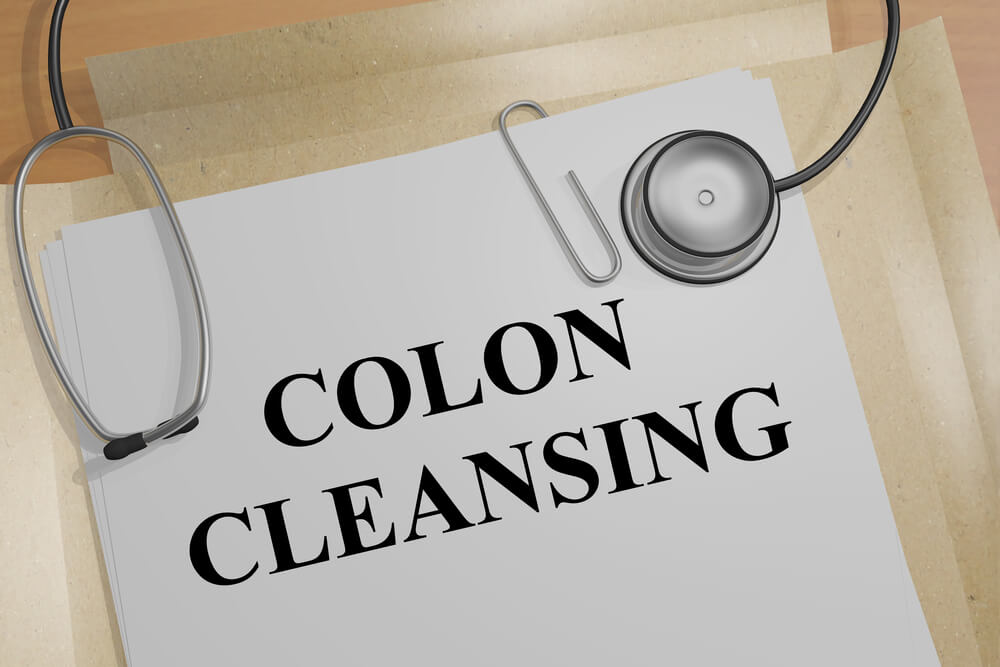
Chances are, you’ve fallen asleep with the television on. You wake up, you have no idea what time it is, you rub the fuzz out of your eyes, and then you notice the TV. An infomercial is playing. As is normally the case you watch for a moment to see what is being hawked in your direction.
This time around it just happens to be something for a colon cleanse. Some of the visuals might be a little off putting. People show off photographs of what they found in the toilet after taking the cleanse. It grosses you out, and yet you can’t help but wonder if that exact same thing is lurking around inside of your colon and digestive system.
If it is, wouldn’t it be great to flush it out?
Of course it would be. But is what they’re telling you true on the infomercial, or are they just trying to sell you something?
Before you pick up your phone and call the 1-800 number listed on the bottom of the TV screen make sure to read this, because we have all the answers to the questions you have.
Everything You Need to Know About a Colon Cleanse
What Is A Colon Cleanse For?
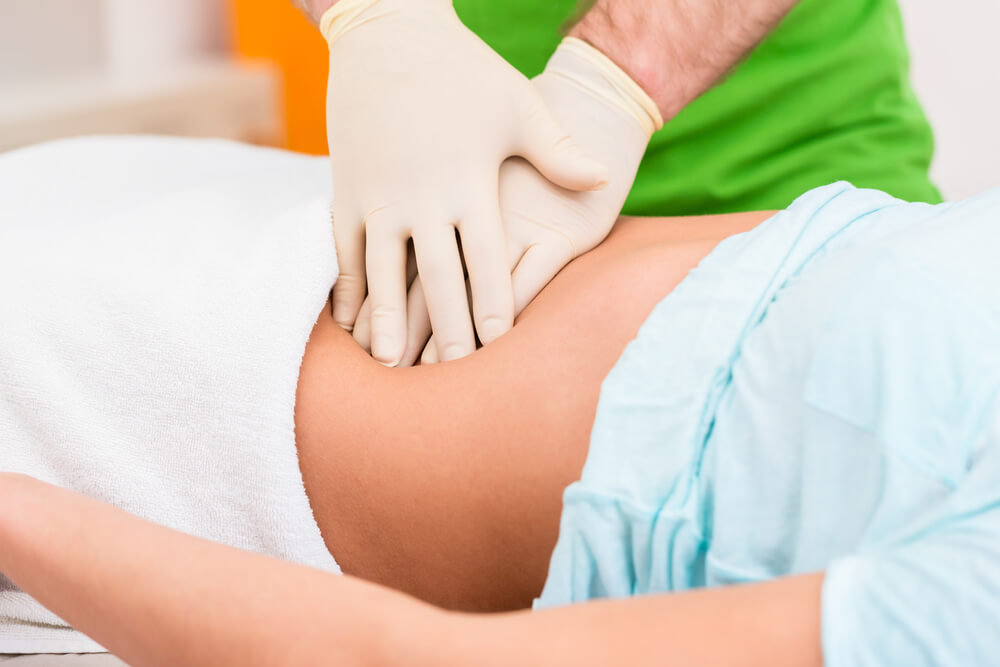
According to the Mayo Clinic (2020) there are a handful of reasons why a colon cleanse might be performed. In the medical sense it is used prior to a procedure such as a colonoscopy. This helps clear out unprocessed food stuff from the digestive system, making it easier for the medical staff to navigate the colon during the procedure.
There are other reasons why a colon cleanse might be recommended by doctors, including if you have suffered a tear in your rectum, have an infection, are dehydrated and backed up, or if there is a significant change in your electrolyte balance. A significant change can potentially be early signs for heart disease or kidney problems, and so the cleanse might be prescribed by your doctors.
But what about cleaning out your colon just because you feel like doing it?
What do the medical experts say about that?
Your digestive system helps regulate your entire body. If you feel backed up and bloated it will drag you down, both physically and mentally. So you need to do what you can to remain regular and avoid feeling bloated or backed up. A bloated feeling is likely more to do with what you’re consuming.
If you regularly eat foods that are high in saturated fats, salts, and processed carbohydrates your body will not only retain more water but the fatty foods take longer to break down, which leads you to feeling backed up. By adjusting your diet to not include these foods (or to significantly limit these foods) you’ll likely correct any kind of digestive situations.
Should you want the colon cleanse, to at the very least see what it is like, the cleanse can help if you have an irregular bowel movement or are constipated. According to Heathline (2019) there is some research that suggests a regular colon cleanse can help you avoid colon cancer, although this is generally for people who have a family history of colon cancer.
What If You Really Want To Do One
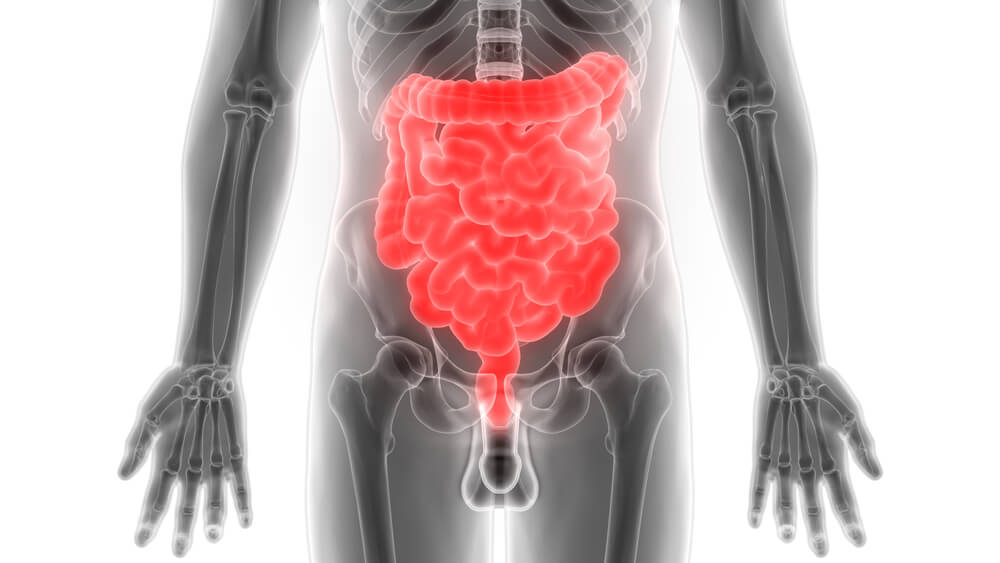
So you’ve seen the infomercials and you’re all set on performing an at-home colon cleanse.
You can do them, but you have to be careful. You don’t want to use something that isn’t safe and you don’t want to put your body in harm’s way by performing a cleanse that will actually cause more harm than good. According to the Mayo Clinic (2020) you will first want to talk it over with your primary medical provider.
They can tell you if you have any current medical conditions that would prevent you from carrying out such a cleanse.
Also, before doing any kind of cleanse make sure all of the ingredients are listed. If the product hides some of the ingredients you should look or something else. “Secret Ingredients” is never something you want to see on any kind of medical product, whether it be traditional or alternative.
You should also limit yourself with how often you perform any kind of cleanse.
With a colon cleanse you’ll be pushing a considerable amount of water and other ingredients through your body to wash out your colon. Over doing it can cause damage, so limit these kinds of cleanses. In reality if you do decide to do one you shouldn’t need to do anything else for months, if not for over a year.
Naturally Cleanse Your Colon
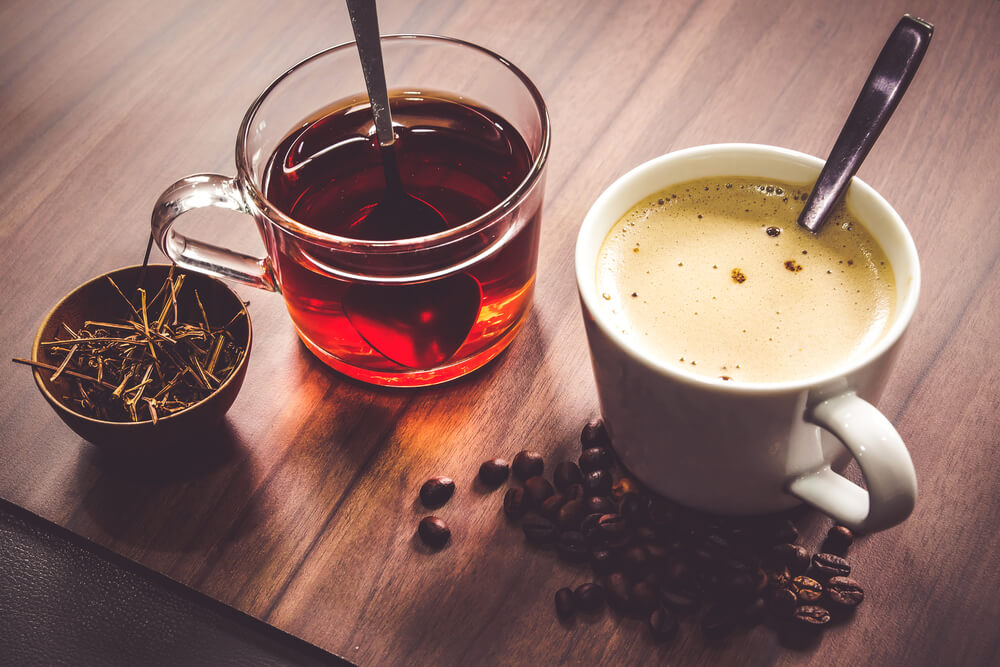
The legendary comedian Robin Williams used to say he drank coffee in the morning to not only give him a boost, but to jump-start his colon. If you are an avid coffee drinker you likely now exactly what he means when it comes to this. And even if you’re not much of a coffee drinker there’s a good chance you know someone who swears by their morning bowel movements following their coffee (they may even drink their morning coffee at certain times in order to make sure they are near a bathroom specifically for this situation).
Well, all of this has some scientific backing to it. Coffee really does help push waste through the colon.
In act, it is one of the natural ways you can go about cleaning your colon, all without investing money into an infomercial product that may or may not have some “secret” ingredients.
The first and probably best colon cleanse option you have is to simply drink plenty of water. Water not only helps keep your body hydrated but it helps your body flush out anything it doesn’t need.
Healthline suggests drinking at least six to eight lukewarm glasses of water per day to help maintain a healthy level of hydration and to keep waste moving out of your body. You’re also recommended to eat foods that are high in water content, such as celery, watermelons, lettuce, tomatoes, and most other melons.
A saltwater flush will help you cleanse your colon as well.
To perform a saltwater flush simply add two teaspoons of salt to lukewarm water. You can use any salt, although it is best to stick with Himalayan pink salt as it is better for your body. You will want to drink this water on an empty stomach as well. If you don’t, the food you’re digesting will likely absorb most of the salt and it won’t help you accomplish what you’re looking to do.
Herbal laxative teas will help do this as well. Just don’t overdo it.
It’s easy to drink far too much of the tea before the ingredients really kick in. And trust us, when the ingredients kick in they really kick in. Aloe, psyllium, ginger, cayenne pepper, marshmallow root, and other ingredients are often mixed together in order to give you a powerful, natural, colon cleanse.
When drinking a herbal laxative tea always follow the recommended dosage. Otherwise you’ll find yourself having some rather uncomfortable bathroom time.
Colon Cleanse Diet
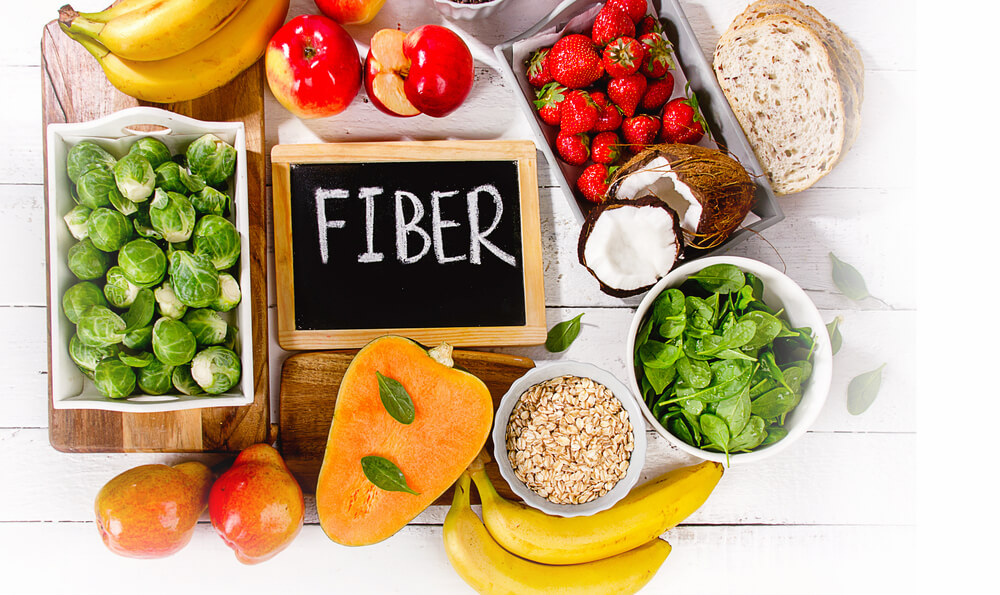
Maybe you want to keep your colon clean without ever being forced to turn to a cleansing method.
Thankfully there are foods you can include in your diet to do just that. Beyond drinking plenty of water and consuming the foods listed above (watermelon, celery, tomatoes, and lettuce) you’ll want to add broccoli, oatmeal, raspberries, dark, leafy greens, and milk (Healthline, 2017).
A high-fiber diet is good for this as well. Eating foods that are high in fiber will help prevent some carbs, proteins, and fats from being absorbed by the body.
The fiber will stick to some of the foods you have consumed and then push it through your body. If you regularly feel bloated and constipated a high-fiber diet may be the answer (as well as making some dietary adjustments to what you’re eating).
Can You Lose Weight From A Colon Cleanse

Colon cleanse weight loss has to be a thing, right?
After all, so many people have talked about it. For a time it was the only commercials you ever saw late at night. There were even some celebrities who swore by a colon cleanse.
Well, first of all, in general it is never a good idea to take medical advice specifically from celebrities. You never know if they are receiving some kind of compensation from a colon cleansing supplement manufacturer or someone else on the side. So don’t let celebrity endorsements push you one way or the other.
The idea of colon cleanse weight loss does make some sense.
It forces undigested food that has been stuck in your colon and digestive system. If you perform a colon cleanse it is possible for you to lose some weight.
It likely won’t be all that much “real” weight. In other words, you’ll push through a good amount of water and maybe even a few bits that have been lingering inside your colon, but that’s about it. You’re not going to drop body fat.
Now, if you are looking to make a weigh in for a sporting event, or you need to squeeze down just another half-inch to fit into your wedding dress it might be enough, but whatever weight you do lose won’t be caloric weight. That can only be burned through exercise.
Be Careful
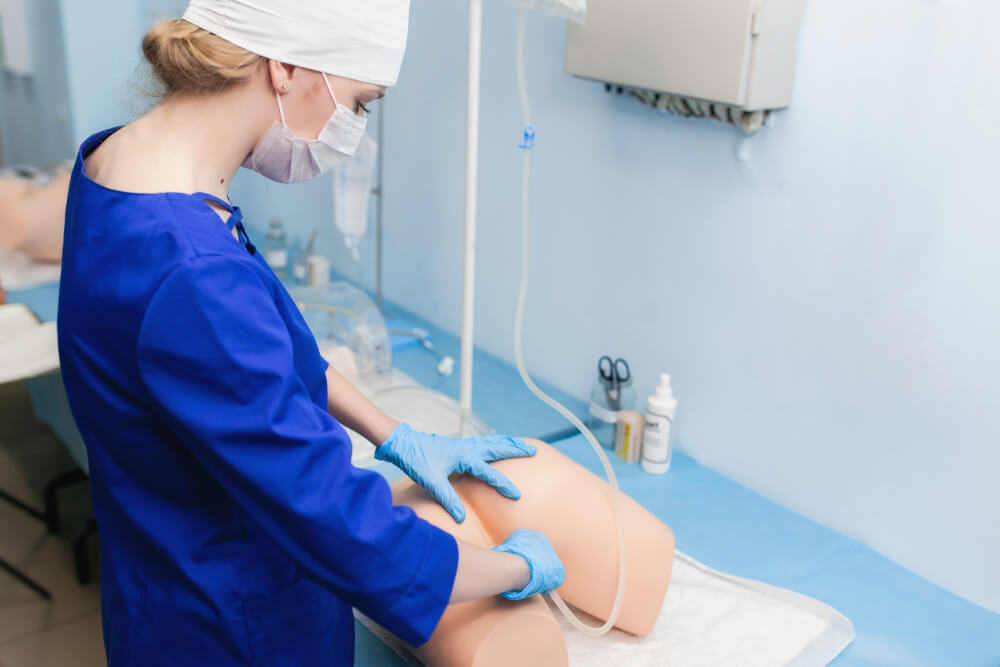
Not all colon cleanses are created equal. You’ll probably always read some kind of labeling on colon cleanses that claim the product is “natural.”
What exactly does that mean?
Perhaps it states everything the product uses is naturally harvested and it only contains herbs or concentrated forms of certain foods.
All that is good, right?
Well, not necessarily. It is possible to consume too much of one thing, even if that one food is healthy.
It is possible to consume far too much fiber in one sitting (want to clean out your colon?
Eat an entire box of Fiber One in one sitting. That’ll blow the lid right off of your backside). In reality, you need to do your research. Look up the different products you’re considering online and find out not only what the ingredients are but what the percentage of the ingredients are. You should also keep in mind what state you live in.
Some state governments require all colon cleanses to be administered by a professional in order to ensure the complete safety of citizens within the state.
Check the state laws where you live. If you’ve found it is difficult to locate colon cleanses at your local super market or health food store you likely live in a state that has these kinds of guidelines.
There are some potential side effects you need to know about. Because you’ll be pushing a large amount of water and digestive material through your body in a short period of time you are at risk of some possible side effects.
These side effects include dehydration, vomiting, mineral imbalance, dizziness, an electrolyte imbalance, bowel perforation (a tear in your digestive tract, which can also lead to an infect), kidney failure, and it can interfere with the absorption of medication if you are on a prescription (WebMD, 2020)
In Conclusion
Having a clean digestive system is very important. Over the years if you have been eating highly processed, fried, and fatty foods, your colon, intestines, and other organs have likely not only become compacted with unprocessed food sludge, but these organs have likely started to absorb a considerable amount of the unprocessed fat, which has turned into excessive fat storage around these organs. This is not healthy at all.
In fact, it can lead to the development of cancers and other health problems. So it is very important for you to clean out your system. With that said, if you eat a diet that is devoid of these processed, fried foods, and instead focus on foods high in fiber, lean proteins, and are fresh, you probably don’t need a colon cleanse.
What you’re eating is already helping you regulate your digestive system. If, on the other hand, you have been eating undesirable foods, especially for an extended period of time, a colon cleanse may just be right for you. Just make sure you have an open bathroom nearby before you start.
-Terry Asher
Terry Asher
Latest posts by Terry Asher (see all)
- Better Family – Product Review Liquid Daily 2 oz - Dec 16, 2024
- Post-Workout Recovery: The Key to Optimal Performance - Nov 25, 2024
- Pre-Workout Supplements – Everything You Need To Know - Nov 18, 2024




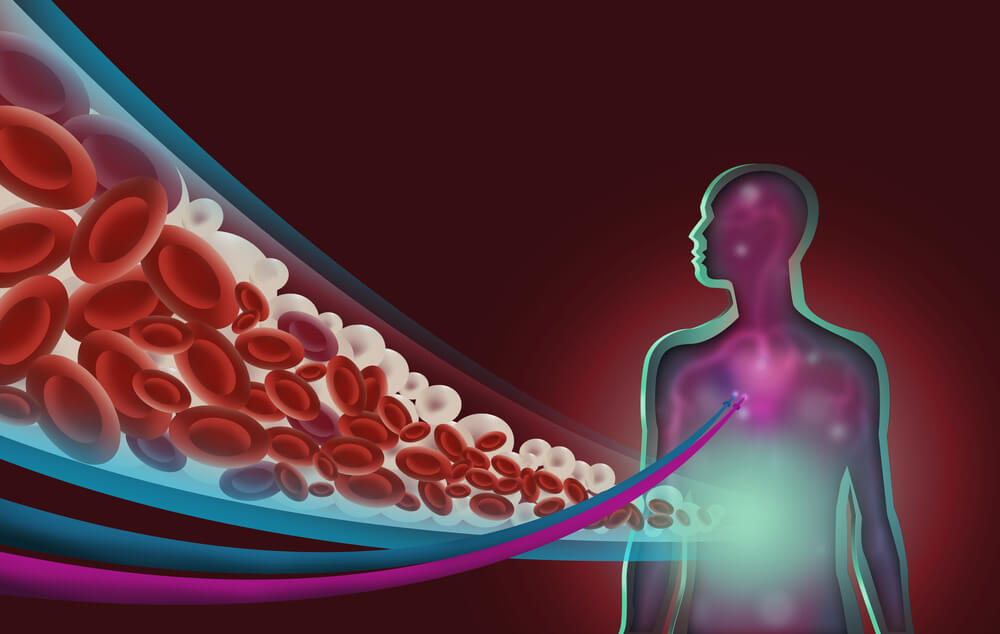







[…] This article was originally published by Gymjunkies.com. Read the original article here. […]
[…] Gym Junkies […]
[…] Read The Entire Article By Terry Asher Here. […]
[…] Source link […]
[…] Source link […]
Informative and great blog on weight loss.
[…] Colon Cleanse Weight Loss Explained – Jul 9, 2020 […]
[…] Colon Cleanse Weight Loss Explained – Jul 9, 2020 […]
[…] Colon Cleanse Weight Loss Explained – Jul 9, 2020 […]
[…] Source link […]
Great post thanks for sharing.
Great post thanks for sharing. I have learned more about this disease.
Thanks for the useful information you share